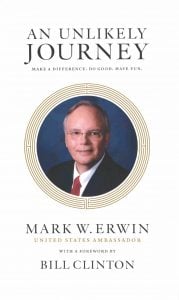ADST created the Memoirs and Occasional Papers Series to preserve firsthand accounts, histories, and other informed observations on foreign affairs for scholars, journalists, and the general public.
"Where the Styles Brook Waters Flow: The Place I Call Home by Lorraine Duvall is a love song to 'The Glen' and to the richness and importance of the Styles Brook Watershed, part of the wildlife corridor called the Split Rock Wildway in NY's eastern Adirondack Mountains. Like a river,...
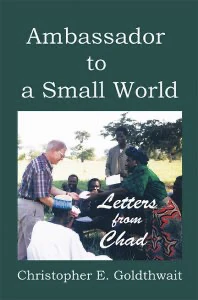
Ambassador to a Small World is a highly personal portrait of Chad from the vantage point of Christopher E. Goldthwait, the longest-serving U.S. Ambassador to N’Djamena. The book touches on Chad’s politics, economy, and society and on U.S. foreign policy, foreign aid, and the life of the small American community...
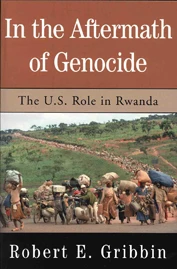
In the Aftermath of Genocide: The U.S. Role in Rwanda deepens understanding of the Rwandan genocide and the Congolese war that engulfed Central Africa in the 1990s and America’s policy response to the crises. Gribbin draws on his thirty years of diplomatic experience in the region to analyze U.S. perceptions...
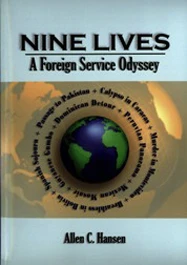
Since September 11, 2001, U.S. public diplomacy has come under increased scrutiny along with renewed debate about its necessity. Until 1999, the United States Information Agency (USIA) was responsible for what is now called “public diplomacy,” conducting media, cultural, and educational exchange programs. Nine Lives recounts successful public diplomacy programs...

The fifty-seven short essays in this book set the scene for the difficulties that now threaten Egypt. They were written during 1990–1995 while Lillian Harris, a former American Foreign Service officer married to Alan Goulty, a British diplomat, lived in Cairo.
The essays explore Egypt’s cities, deserts, societies, monasteries, and...
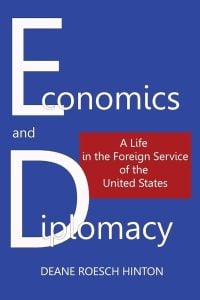
Deane Hinton’s memoir presents a reliable firsthand account of the development of U.S. strategic economic policy and the new institutions that became the framework for trade, aid, economic growth, and monetary policy. Hinton was one of a handful of experts on these issues to serve in high policy positions throughout...

This book is an account of the author's sometimes comical, sometimes frustrating, but always enlightening adventures as a diplomat in seven countries. As a former academic who had worked and traveled in some sixty countries of the world before joining the Foreign Service, Huffman provides trenchant commentary on the history,...

A detailed chronicle of the working life of an idealistic, action-oriented World War II veteran’s lifelong search for peace through strengthening democracies and the international institutions that unite them.
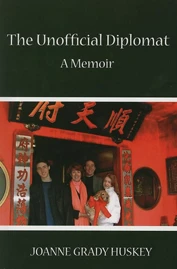
A memoir of dramatic moments in recent history. On June 4, 1989, Joanne Grady Huskey was in Tiananmen Square and witnessed the horror of a government attacking its own people. On August 7, 1998, she was in the basement of the American Embassy in Nairobi, Kenya, with her two small...

